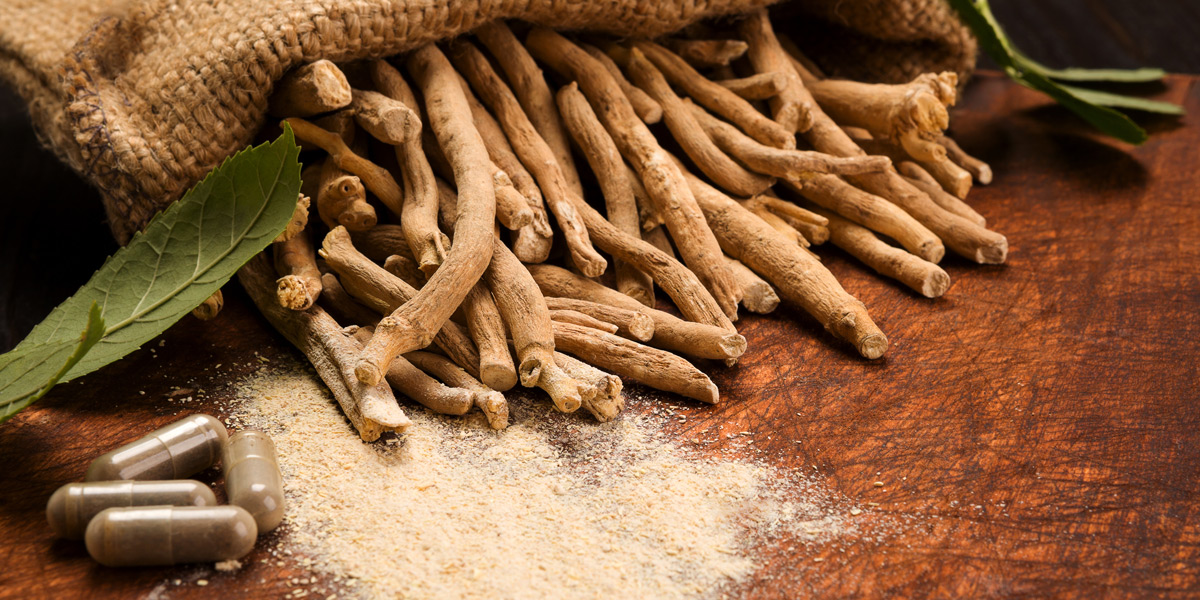Difficulty sleeping/insomnia is one of the most common issues women face, and is one of the most common complaints of women going through the menopause transition and the most common sleep disorder in the general population.
Insomnia is defined as a sleep complaint that occurs at least three times per week for at least 3 months and is associated with distress or impaired daytime personal functioning. Perimenopausal women are more likely than premenopausal and postmenopausal women to sleep fewer than 7 hours on average. Postmenopausal women are more likely to report poor sleep quality and a greater percentage of postmenopausal women have trouble falling asleep as well as staying asleep at least four times per week. The most common issue is related to wakefulness during sleep (called sleep maintenance).
For 10% of people worldwide, nonrestorative sleep (NRS) is associated with poor sleep quality and physical and cognitive fatigue.
I find chronic insomnia to be one of the most challenging health issues in my clinical practice. Whether it’s over-the-counter sleep aids, prescription sleep medicines, hormone therapy, herbal/nutritional supplements or lifestyle changes, it all feels very much like a trial and error process. One of the problems with pharmaceuticals, is the potential for adverse effects.
One of the approaches that helps to minimize the trial and error is to try to find a diagnosis of an underlying cause. The list is long but includes, anxiety, hormonal changes, hyperthyroid, life stressors, alcohol, caffeine, chronic pain, poor sleep hygiene, restless leg syndrome, sleep apnea, night time blood sugar issues and medications.
I’m especially keen on finding research on plants and/or nutrients that can be used for chronic insomnia. Ashwagandha is one of those plants that has possibilities. Ashwagandha (Withania somnifera) has been used in traditional Indian Ayurvedic medicine to help with sleep, anxiety and insomnia for generations. There has been a small amount of research looking at it’s effect on cortisol and the circadian rhythm. The current prospective, randomized, double-blind, parallel, placebo-controlled clinical study evaluated the effect of a standardized ashwagandha extract compared with placebo in healthy participants with NRS.
Individuals were 18-65 years with restorative sleep problems. Anyone with severe sleep apnea, moderate to severe restless leg syndrome, narcolepsy, or untreated depression was excluded. Snoring indices, questionnaires and a sleep monitoring device monitored sleep and wake patterns for one week.
On day 8, participants were randomly assigned to the ashwagandha group or the placebo group, with 77 in each group. The participants were instructed to take two study capsules daily, about two hours before their evening meal, for six weeks. Each 60 mg ashwagandha capsule was standardized to contain 21 mg of withanolide glycosides.
After 42 days of treatment, sleep quality improved by 72% in the ashwagandha group and by 29% in the placebo group. The sleep monitoring device indicated increased total sleep time and sleep efficiency in the ashwagandha group at the end of the study compared with baseline. In that same group, significant decreases were seen in the time it takes to fall asleep, waking after sleep onset and average awakening time. All differences between the ashwagandha group and the placebo group were significant. Quality of life scores were also significantly better in the ashwagandha.
Commentary: I’ve been using ashwagandha for many years, including for women with chronic insomnia. For the individual who needs improvement in sleep quality and decreased wakefulness, I think this is an important addition. However, for the person who needs help in falling asleep, and persistent wakefulness during the night, it will take more than just ashwagandha in my experience. It will likely take a nutraceutical/botanical to help fall asleep in addition to the ashwagandha. Given its role as an adaptogen, I think it is especially useful for those who report high stress and/or anxiety, and for those who are having trouble coping with their chronic insomnia (resulting in depression, mild cognitive impairment and fatigue). With the addition of ashwagandha you will likely need 6 weeks to see the results.
Reference:
Deshpande A, et al. A randomized, double-blind, placebo controlled study to evaluate the effects of ashwagandha (Withania somnifera) extract on sleep quality in healthy adults. Sleep Med. August 2020;72:28-36.


